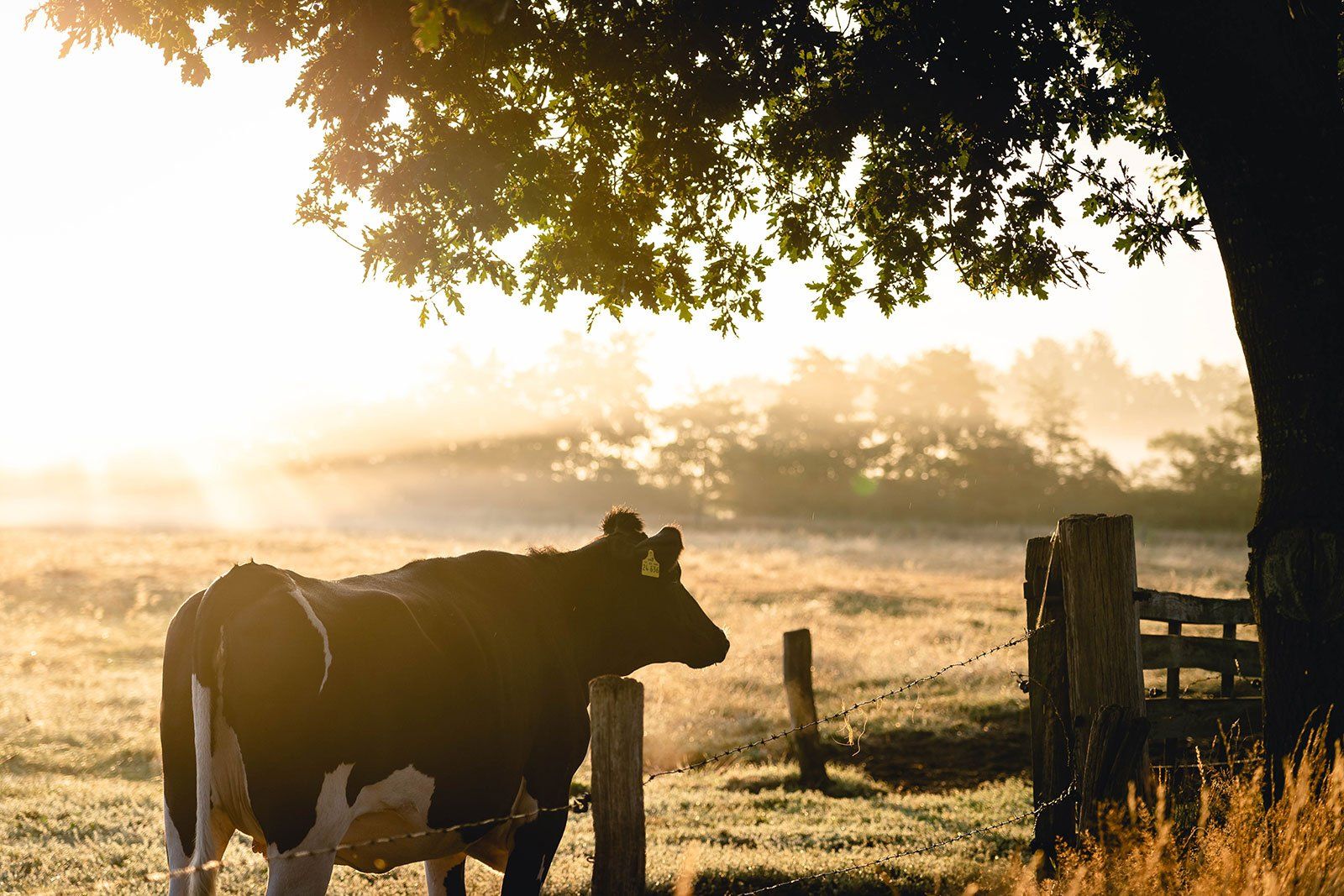1MG FlippingBooks
MLA seeks commercial partners for Johne's disease vaccine and other industry solutions
Meat and Livestock Australia (MLA) is seeking commercial partners to further research and develop solutions to a range of problems pertinent to the red meat and livestock industry, such as a new vaccine for Johne’s disease in sheep and cattle.
One of the key projects seeking commercial partners is the development of a new vaccine for Johne’s disease in sheep and cattle. Johne’s disease, also known as paratuberculosis , is a contagious, chronic and sometimes fatal infection of the small intestine that affects various species of animals.
While Australia has relatively low levels of Johne’s disease compared to most developed agricultural countries, it still costs the livestock industry $40 million annually in reduced production, increased mortality and trading restrictions. Understandably, researchers are trying to eradicate it completely.
The MLA – in collaboration with the University of Sydney and Animal Health Australia – has identified a novel vaccine to target Johne’s disease. A proof of concept has been developed and an initial trial in cattle has been completed, with a provisional patent application filed.
Other technologies seeking commercialisation partners include:
- A cost-effective pour-on pain relief treatment for Australian cattle, developed in partnership with the University of Queensland;
- A potential preventative treatment for Perennial Ryegrass Toxicity, developed in partnership with Charles Sturt University.
MLA Commercialisation & Intellectual Property Officer Anna Fabrikanov says there are many areas in which commercialisation opportunities lie, including animal treatments, vaccines, diagnostics, remote assessment, waste removal, new energy, robots and genetic assessment.
“MLA has strong agribusiness networks, however, we hope that by highlighting these opportunities, we may attract new commercialisation partners and increase awareness of the new commercial technology areas we have been collaborating with researchers on,” Ms Fabrikanov said.
“MLA's passion to innovate and improve industry, coupled with expertise in IP protection and commercialisation, ensures a high level of commercial IP is licensed. We’re energised by potential solutions for industry, no matter how big or small.”
MLA have also created a new webpage showcasing all commercialisation opportunities available seeking partners. It is updated regularly as new opportunities arise. To find out more, click here.

















